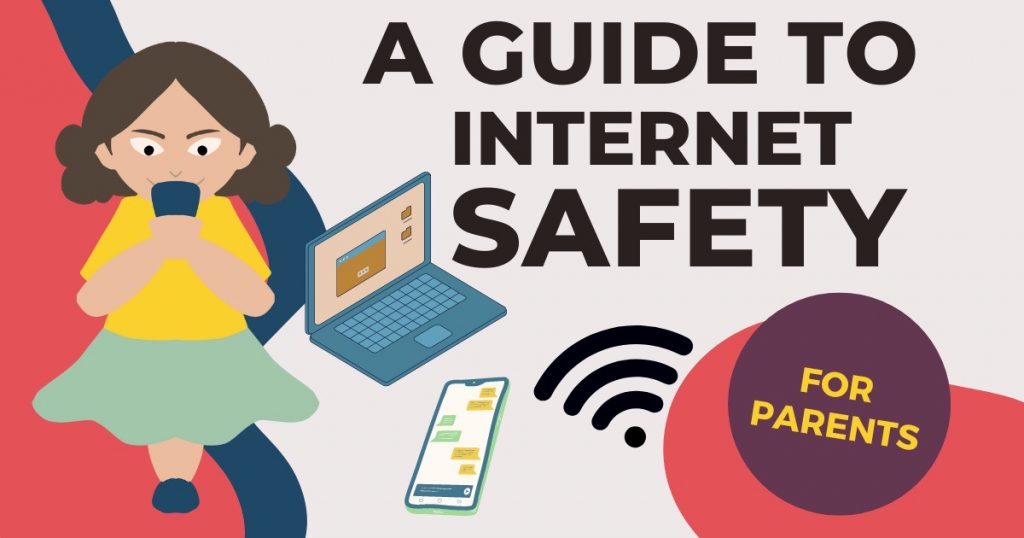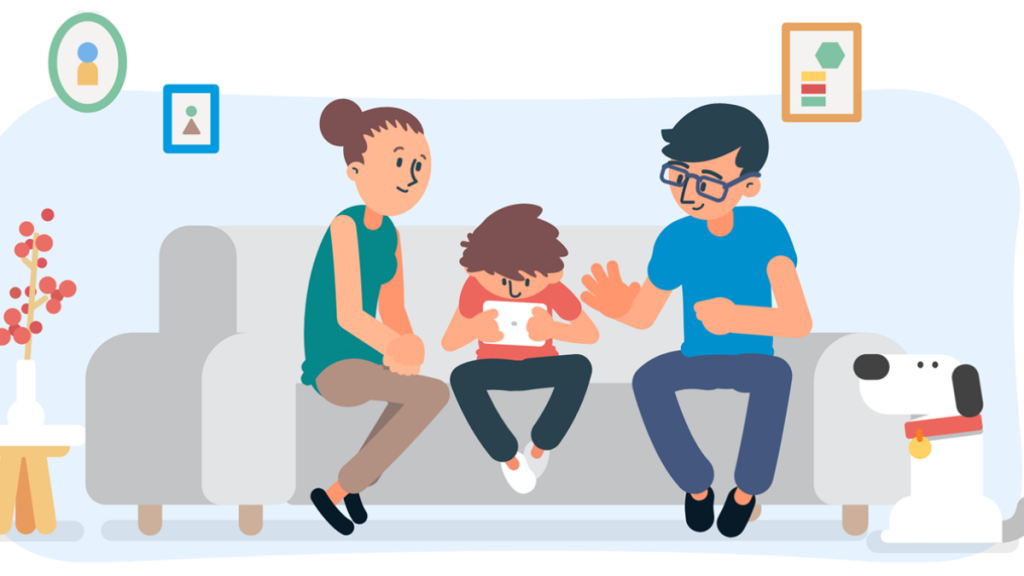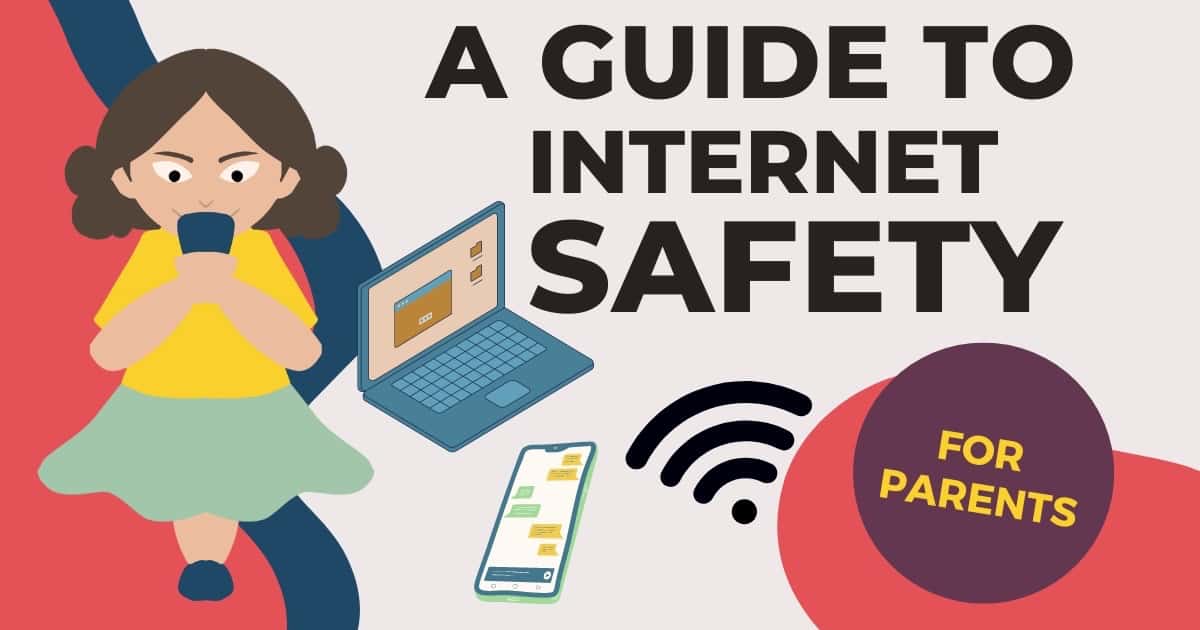
Our kids are at home for the holiday. This means they will have access to more screen time than usual, and some other kids might be granted access to mobile devices. While we as parents are ensuring our kids enjoy the very best parenting, we need to also watch out for their safety – internet-wise.
In today’s digital age, the internet has become an integral part of our lives. While it offers numerous opportunities for learning and entertainment, it also exposes children to potential risks and dangers. As parents and caregivers, ensuring kids’ internet safety is paramount to protect them from online threats. This article provides a comprehensive guide to safeguarding children while they explore the online world.
Educate Children about Online Risks
The first step towards internet safety is educating children about the potential risks they may encounter on the internet. Teach them about cyberbullying, inappropriate content, scams, and the importance of protecting their personal information. Encourage open communication, so they feel comfortable sharing their online experiences and concerns with you.

Set Age-Appropriate Rules and Boundaries
Establish age-appropriate rules and boundaries for internet usage. Decide the amount of time children can spend online, and which websites, apps, or platforms are appropriate for their age. Use parental control tools and filters to restrict access to potentially harmful content.
Lead by Example
Children learn by observing their parents and caregivers. Demonstrate responsible online behavior and maintain a healthy balance between screen time and offline activities. By setting a positive example, you encourage them to adopt good internet habits.

Use Child-Friendly Search Engines
Guide children towards using child-friendly search engines, which filter out explicit content and provide age-appropriate results. These search engines ensure that the information accessed is safe and suitable for young minds.
Avoid Sharing Personal Information
Emphasize the importance of keeping personal information private. Advise children against sharing their full names, addresses, phone numbers, school names, or other sensitive details online, even with friends. Make them aware of the potential dangers of interacting with strangers on the internet.

Monitor Online Activities
While respecting their privacy, monitoring your child’s online activities is essential. Keep an eye on their social media profiles, friends lists, and the content they engage with. Address any concerns or issues that may arise during your monitoring.
Create a Family Internet Safety Contract
Consider drafting a family internet safety contract that outlines the rules and guidelines for online behavior. Involve your child in the process, so they feel a sense of responsibility and ownership over their online activities.
The internet can be a wonderful place for children to learn and grow, but it also poses risks that must not be overlooked. By taking proactive measures and instilling good internet safety practices, parents and caregivers can create a safe online environment for children. Education, communication, and setting boundaries are essential in guiding kids toward responsible internet use, ensuring they reap the benefits of the digital world while staying protected from potential harm.
